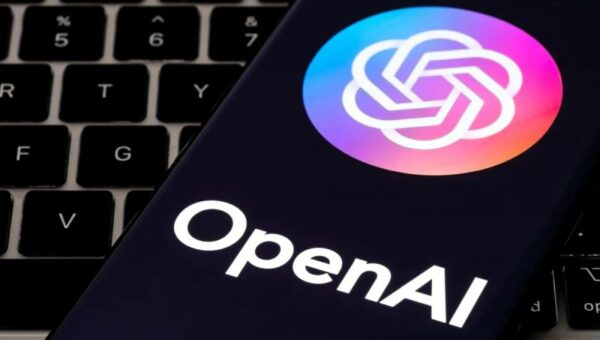Forex, also known as foreign exchange(FX), currency trading, is a decentralized global market where all the world’s currencies trade. It is the means by which individuals, companies and central banks convert one currency into another – if you have ever travelled abroad, then it is likely you have made a forex transaction.
The forex market is the largest, most liquid market in the entire world with an average daily trading volume exceeding $5 trillion. If we take all the world’s combined stock markets don’t even come close to this. But what does that mean to you? Let’s take a closer look at forex trading and you may find some exciting trading opportunities unavailable with other investments.
A lot of foreign exchange is done for practical purposes, a big scale of currency conversion is undertaken with the aim of earning a profit. If we look at the amount of currency converted every day can make price movements of some currencies extremely volatile. It is this volatility that can make forex so attractive to traders which brings about a greater chance of high profits, while also increasing the risk.
If you’ve ever travelled overseas you must have made a forex transaction. Take a trip to France and you convert your pounds into euros similarly take a trip to US and convert pounds into USD. When you do this, the forex exchange rate between the two currencies, which is based on supply and demand—determines how many euros you get for your pounds. And the exchange rate fluctuates continuously.
How do currency markets work?
The investment markets can quickly eat up the money of investors who believe that trading is easy. Trading in any kind of investment market is exceedingly difficult, but success first comes with education and a lot of practice. Practise makes you Perfect!
Unlike commodities or shares, forex trading does not take place on exchanges but directly between two parties, in an over-the-counter (OTC) market. The forex market is run by a global network of banks, spread across four major forex trading centres in different time zones: New York, London, Sydney and Tokyo. Since there is no central location, you can trade forex 24 hours a day.
Let’s have a look at three different types of forex market:
- Spot forex market: the physical exchange of a currency pair, this takes place at the exact point the trade is settled – ie ‘on the spot’ – or within a short period of time
- Forward forex market: a contract is agreed to buy or sell a set amount of a currency at a specified price, to be settled within a range of future dates or a set date in the future .
- Future forex market: A contract is made to buy or sell a set amount of a given currency at a set price and date in the future. Unlike forwards, a future contract is legally binding, everything is documented.
Most traders speculating on forex prices will not plan to take delivery of the currency itself but instead of that they make exchange rate predictions to take advantage of price movements in the market.
What is a Forex Merchant Account?
Forex merchant accounts are established for Forex traders, Forex informational services and Forex trading platforms. Forex credit card processing accounts give you the option to accept debit and credit cards from traders. Alternative payment methods can also be provided as crucial part of Forex payment processing services.
By using a forex merchant account, forex traders trading with your company can also fund their trading accounts online. If we look at what type of forex broker license your forex company has, it will also affect the scope of your forex merchant account because certain transactions may or may not be permitted. We should also note that the jurisdiction in which you operate your forex broker firm, will also affect the scope of your forex merchant account. Also, some countries only permit transactions of payment within the region of that country.
With iPayTotal application for Forex merchant accounts is always free, with no obligation. It takes 7-14 business days for account approval from the time the complete application file is received, due to the high risk classification of the industry.
For more details please contact us at info@ipaytotal.com or call us at +44 800 5988. Visit us at www.ipaytotal.com








